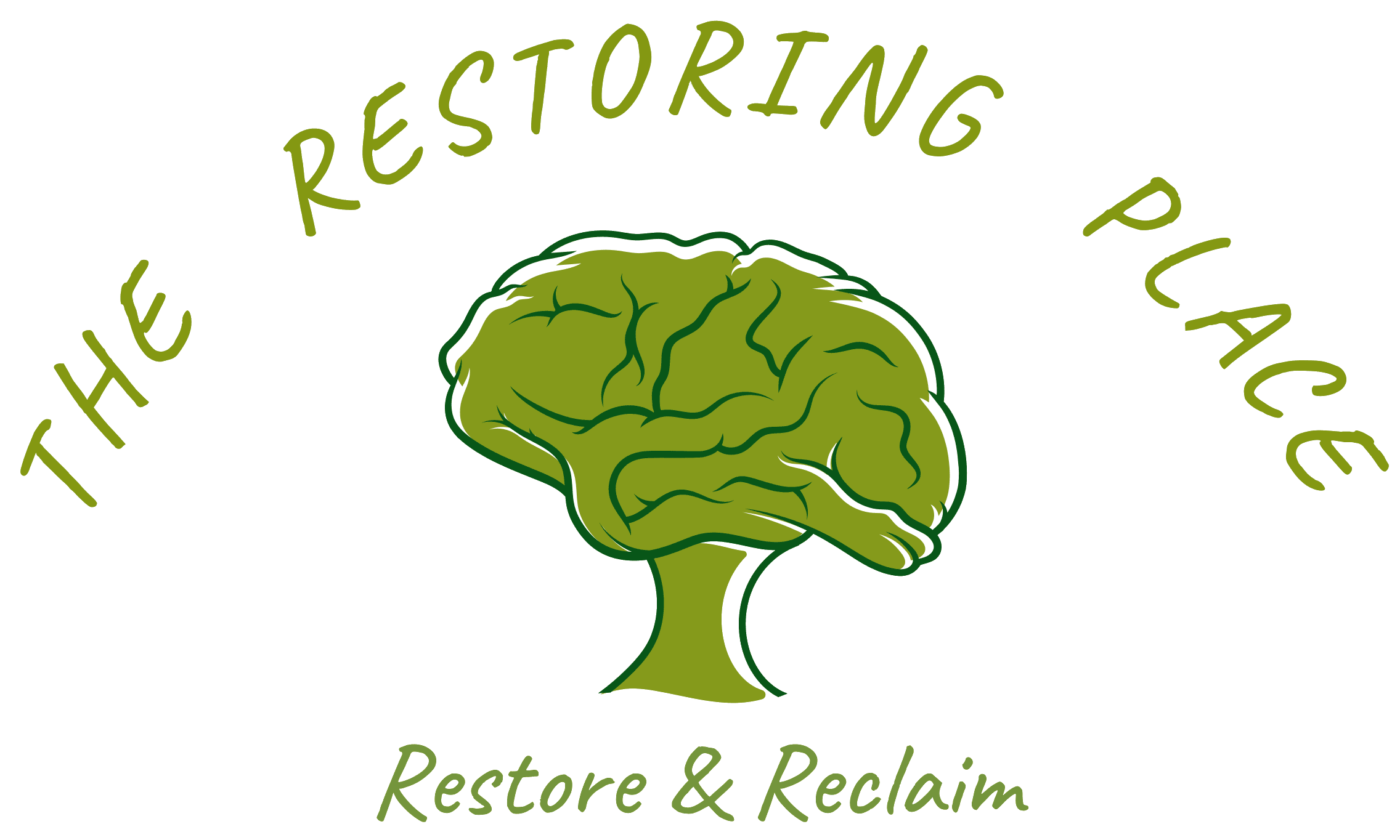Frequently Asked Questions
- First of all, therapy offers an emotionally safe place for you to pause & reflect on life and relationships when life only pushes you to bury your head & keep going to the next agenda you have on your to-do list.
- Therapists offer support, problem-solving, and coping strategies for issues like depression, anxiety, relationships, unresolved childhood issues, life transition, grief, stress management, body image issues and more.
- Many people find that counselors can be a tremendous asset to personal growth, interpersonal relationships, marriage & family issues, and the hassles of daily life.
- Therapists can provide a fresh perspective on a difficult issues or point you in the direction of a solution.
- The benefits you get from therapy depend on how you use the process and put into practice what you learn.
Benefits include:
- Self-understanding, goals, and values
- Improved relationship skills
- Issue resolution
- Coping with stress and anxiety
- Emotional Regulation
- Better communication
- Behavior pattern change
- Problem-solving in family or marriage
- Enhanced self-esteem and confidence
- The length of therapy depends on the goal you have, from 1 session to a few months: say if you just want to let it out & feel a bit better about it VS you want to take the opportunity to reflect & grow.
- However, you are not trapped, you can stop anytime.
- If you don’t feel like the therapist is not a good fit
- If you don’t think it’s helping at all after a few session
- It’s tailored depending on your need.
- Generally, we start weekly; as you’re doing better, we decrease to biweekly, then monthly check-in; then eventually, you can go on with your life without the support of therapy.
- But again, we work with you to determine what works for you.
It's well established that a lasting solution to mental and emotional issues goes beyond medication alone. Instead of only treating the symptoms with medication, therapy delves into the root causes and behavior patterns, offering sustainable growth and well-being. Collaborating with your doctor can help determine the best path, often a blend of medication and therapy.
Everyone goes through difficult times. Seeking support through therapy is only a sign of self-awareness and strength, and that is something to be admired. By doing so, you’re taking responsibility to acknowledge where you are and making a commitment to change.
Therapy not only equips you with tools to overcome challenges, deal with triggers in a more effective way, but also redirect damaging patterns, and lead a more fulfilling life.
People turn to therapy for various reasons. Some may be going through a major life transition (job loss, broken relationship, job, etc.); others might need help managing other issues like low self-esteem, depression, anxiety, addictions, relationship problems, spiritual conflicts, etc. Not only can you get some much-needed encouragement during tough times, but also be equipped with skills to get through these periods. Still others might just feel lost and want to learn more about themselves & clarify their goals in life.
Therapy is a highly personalized experience tailored to your unique needs and goals. Usually, you'll discuss current events, relevant personal history, and share progress or insights from previous sessions. Whether short-term for specific issues or longer-term for deeper patterns change and personal growth, regular sessions (usually weekly) are common.
Your active participation is key to maximizing the benefits of therapy. Beyond sessions, your therapist may suggest activities like reading, journaling, or specific actions to support your progress.
Absolutely. Confidentiality is a cornerstone of the client-therapist relationship. It's crucial for building trust, so that client can feel safe enough to be open & honest about personal issues. Your discussions are strictly confined to the therapist's office.
There are exceptions, though. In certain cases, you might want your therapist to share information with other members of your healthcare team (such as your health care provider, or Attorney). However, your therapist can only do so with your written consent.
State law and professional ethics mandate confidentiality, except in specific situations:
- Suspected current or past abuse or neglect of children, adults, or elders, which must be reported to the relevant authorities based on client or collateral sources' information.
- If the therapist suspects the client is at serious risk of self-harm or poses a threat to another person.
